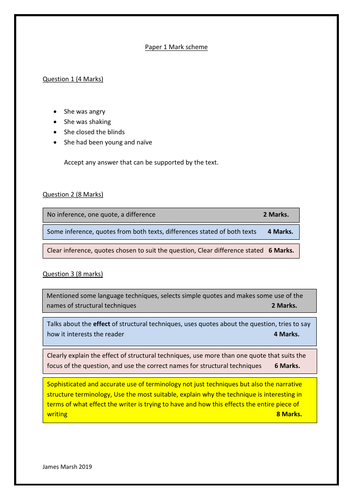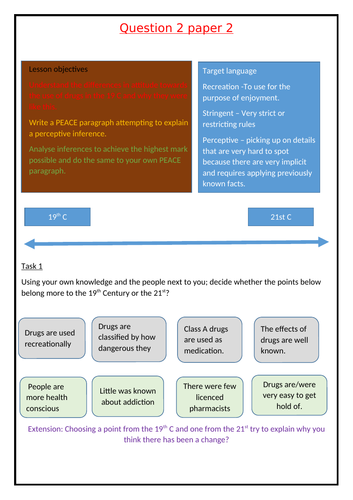Bookworm teaching
I provide functional skills and English language GCSE lessons but I am looking to expand on this and produce more resources for students with specific learning needs. I also do Youtube videos for home learning https://www.youtube.com/channel/UC-JQchhF9CJakm2Al271olw/ anyone who subscribes can have one resource of their choice for free





















